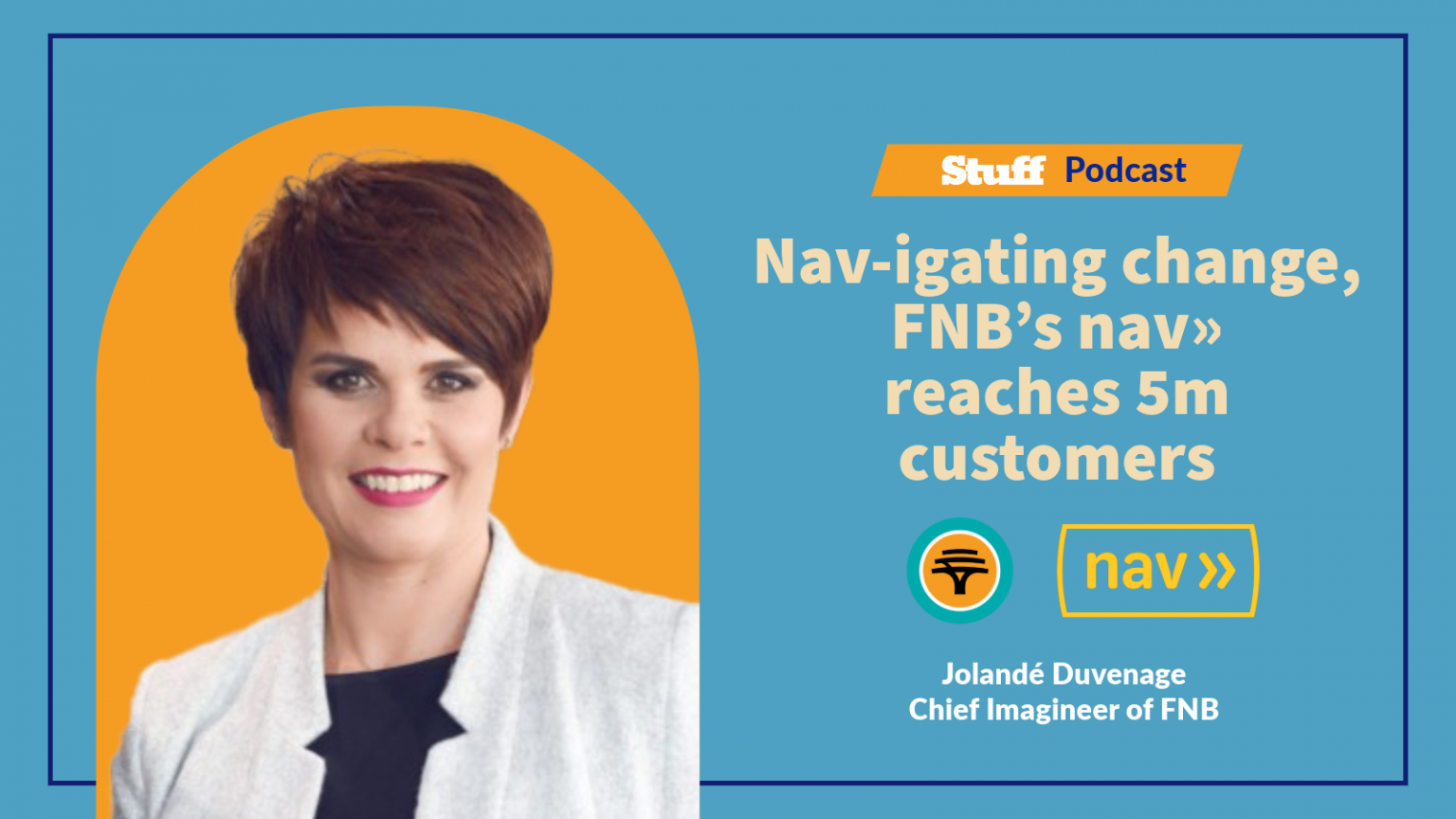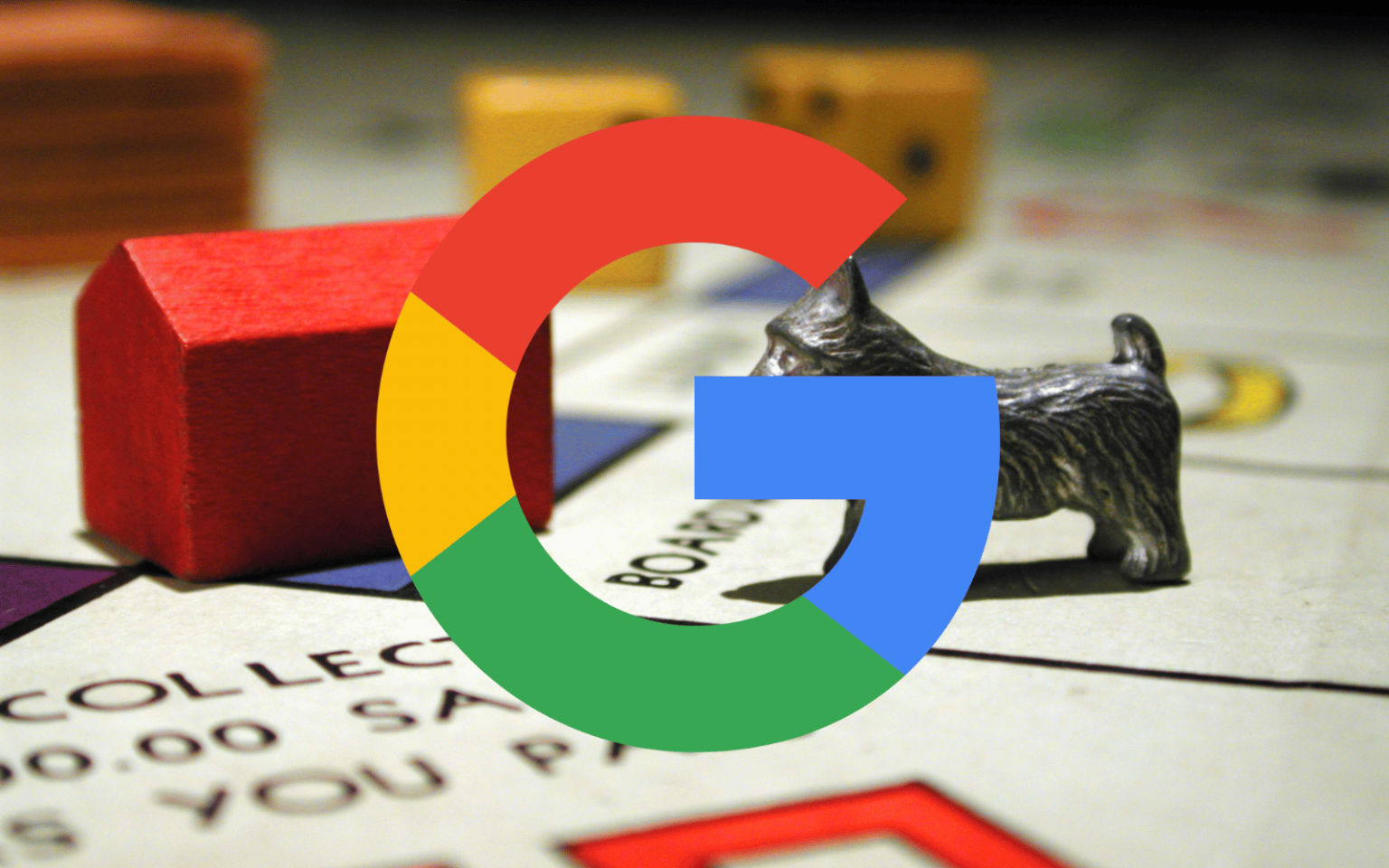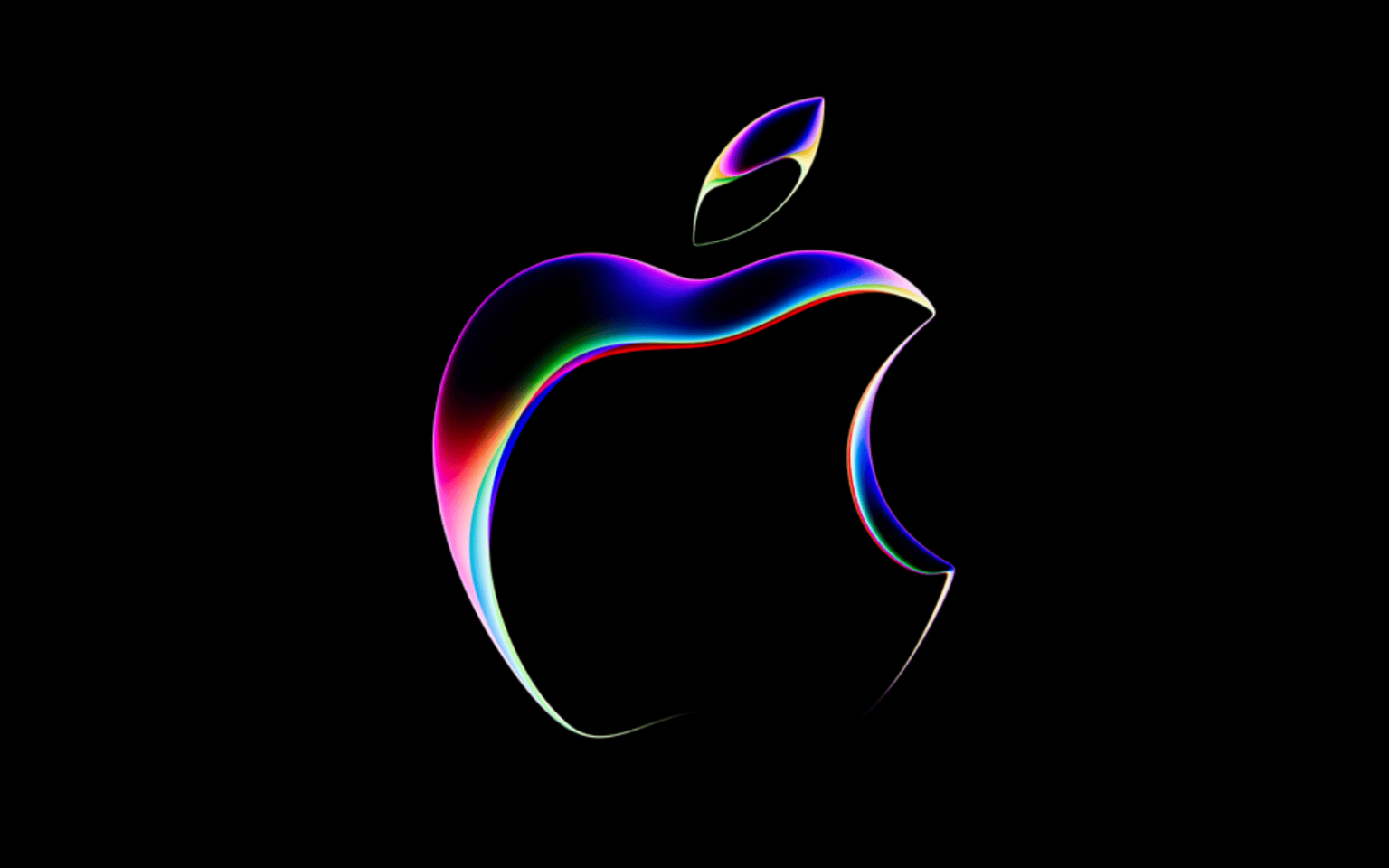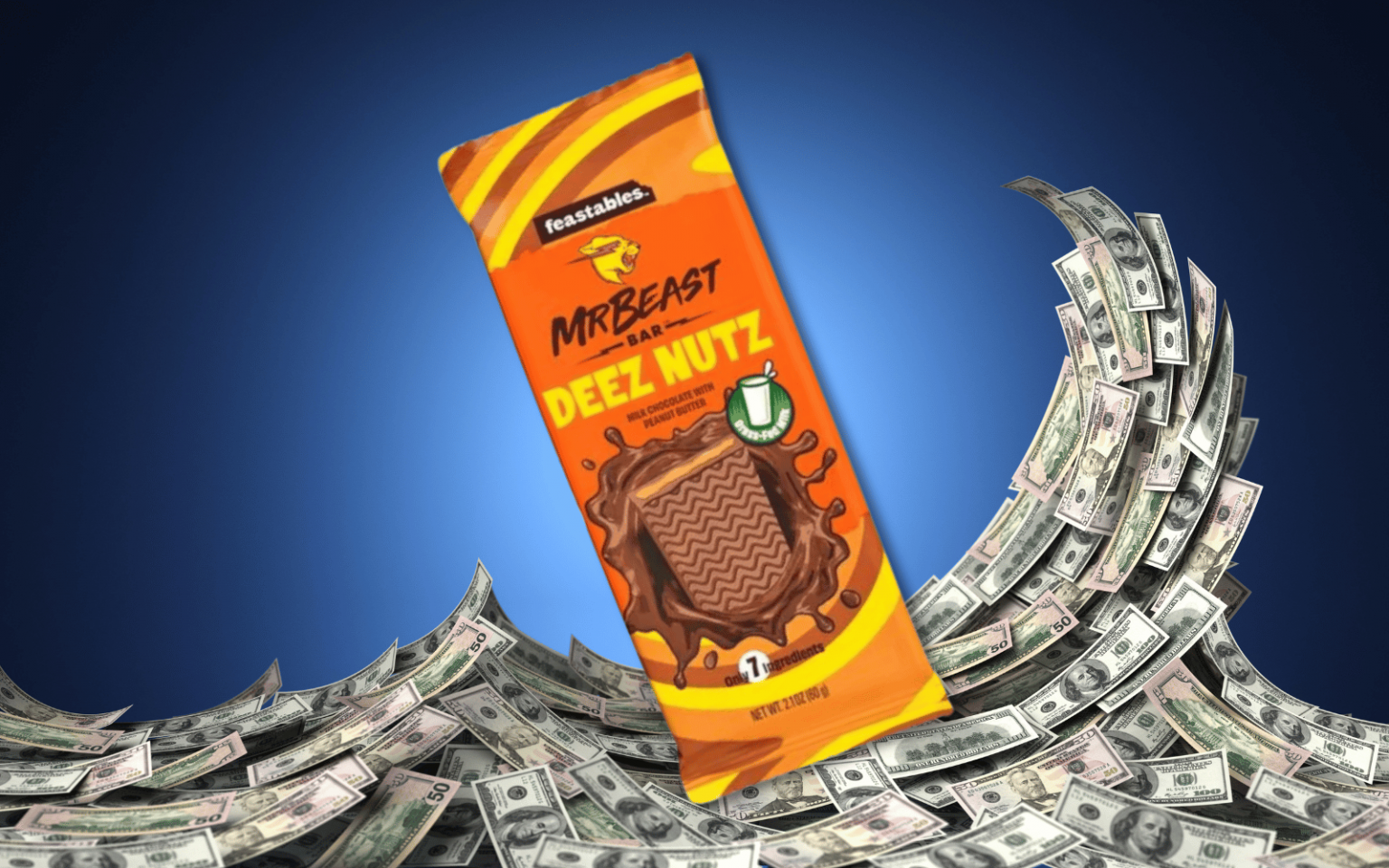FNB’s nav» has hit 5 million users, helping South Africans master their money, says Jolandé Duvenage, who has the delightful title of chief Imagineer for nav». She explains what this unusual title means and how she is helping people understand money better to Stuff editor-in-chief Toby Shapshak. “Over the years, nav» has grown into a comprehensive digital ecosystem that offers several helpful tools across money, home, car, earth, energy, marketplace, care pillars, and the newly launched nav» graduate,” she says. Nav-igating your life with FNB https://www.youtube.com/watch?v=g8I3nRvKaPo
Author: Toby Shapshak
Discovery Bank wants to offer all of its customers “private banking combined with financial analysts” powered by artificial intelligence (AI). Discovery Bank CEO, Hylton Kallner, launched a set of impressive features in Johannesburg on Thursday, promising that it was “democratising private banking to the whole Discovery Bank client base.” AI upgrades have arrived The new iteration of the banking app and its services will be rolled out today, he added. Among these are a useful new series of security features and virtual credit card controls. Customers can now create up to 50 virtual cards and organise them in clever new…
Artificial intelligence (AI) announcements are a dime a dozen at the moment so don’t panic if you didn’t notice this one. But start panicking afterwards. Google is planning to give you medical advice. Yes, medical advice, based solely on what other people have searched for. This “crowdsourced” information is now being interpreted by Google’s AI Overview service – and its results are being displayed under a new “What People Suggest” heading when you search. What could go wrong? Google doesn’t think you have to worry, obviously. “While people come to Search to find reliable medical information from experts, they also…
How do you know if your TV show is a success? Millions of watchers? Check. An automatic second season? Check. Your leading actor appearing in Calvin Klein underwear on giant billboards in Times Square? Check. The Bear is that unexpected breakout show. But is it really unexpected? Jeremy Allen White is a brilliant young actor who shone in the US remake of Shameless, where he played the oldest of the brothers Lip Gallagher. William H. Macy gave a series of tour de force performances as dysfunctional father Frank, who steals money from his seven kids and lives in a ramshackle…
It gives you a sense of how good Shōgun is, that almost all of the dialogue happens in Japanese and you have to read subtitles. What seems like an impediment, having to read words at the bottom of the screen instead of watching the visually rich goings on, is a masterstroke. There is added authenticity to Shōgun because it is not voiced in English. For the most part, I prefer that, if you can live with the misplaced accents. Wallander talked with an English accent instead of Swedish because he was played by Kenneth Branagh, and similarly with Chernobyl. After…
The good news in the budget – apart from it actually happening – is that there will finally be a decrease in tax on smartphones. As always with government tax breaks, there are some conditions. Budget smartphones should get cheaper “Government proposes that as of 1 April 2025 this duty rate be applied only to smartphones with a price paid greater than R2,500 at the time of export to South Africa,” the treasury’s budget statement reads. This will “enhance smartphone affordability at the lower end of the price spectrum and support efforts to promote digital inclusion for low-income households”, it…
Next time you vote, you might be using an electronic machine instead of making your mark on a paper ballot. The Electoral Commission of South Africa (IEC) is investigating electronic voting in the country and how it might improve the election process. This week, the IEC held a three-day conference in Cape Town about e-voting systems, which – not surprisingly – have been hugely positive for the countries which have used them. Will you cast your electronic vote? Estonia, Namibia and the Democratic Republic of Congo all gave enthusiastic reports of how much easier – and, significantly, cheaper – electronic…
Google must sell Chrome, says the US Department of Justice (DoJ), but is not pushing for the search giant to give up its AI services. Yet. “Google’s illegal conduct has created an economic goliath, one that wreaks havoc over the marketplace to ensure that – no matter what occurs – Google always wins,” the DOJ wrote to the court, which last year found the tech giant was a “monopolist”. “The American people thus are forced to accept the unbridled demands and shifting, ideological preferences of an economic leviathan in return for a search engine the public may enjoy,” the DoJ…
If you’ve noticed your iPhone and MacBook operating systems are increasingly looking the same, then you’ll be pleased to know they’re all getting a new look this year. While macOS has increasingly begun resembling iOS – and the tablet got its own iPadOS that looks a bit like both – Apple has clearly decided to rationalise this even more. It’s also conscious of a new generation of computer users, who have grown up on Instagram and TikTok – not desktop computers and 2G cellphones. (I had to teach Microsoft Word that “cellphones” was not a spelling mistake, kinda making my…
YouTube King MrBeast hopes to raise $200m, which will value his company Beast Industries at over $5bn. In a weird inversion of the fictional family empire owned by Batman’s alter ego, Jimmy Donaldson has built his alter ego – MrBeast – into a real-world empire. Next up for Beast Industries – about which The Verge has a fascinating article by Alex Heath based on an investor pitch – is selling things. MrBeast awakens “To justify that eye-popping valuation of at least $5 billion, investors are betting that the future of MrBeast’s business will be selling physical products, not making videos,”…










